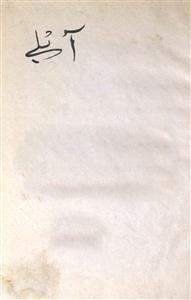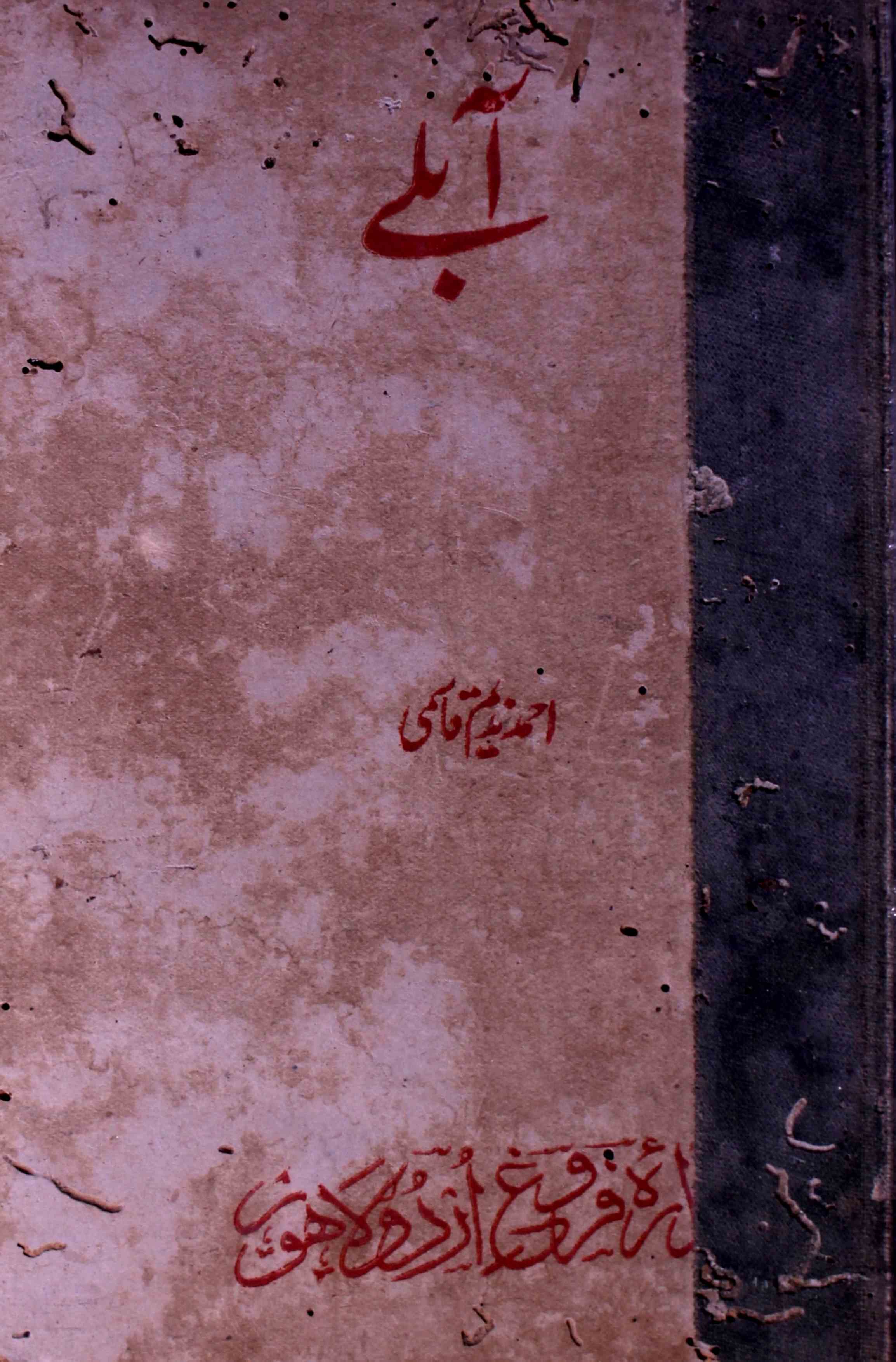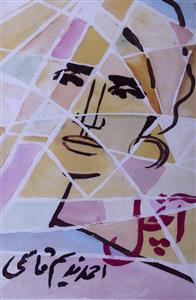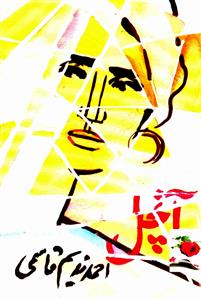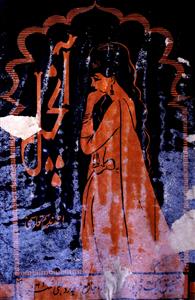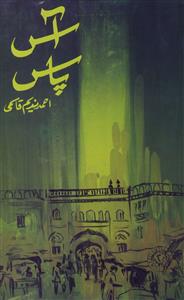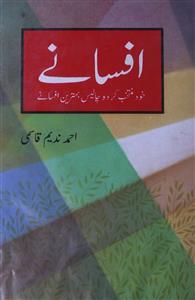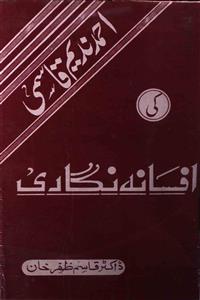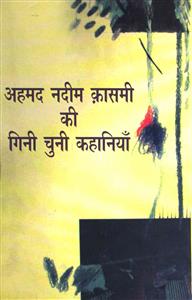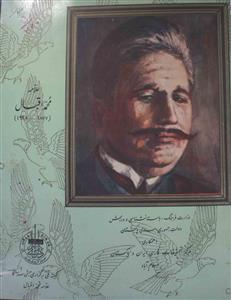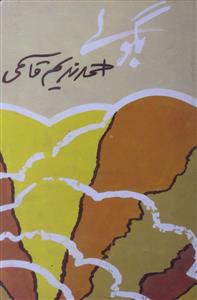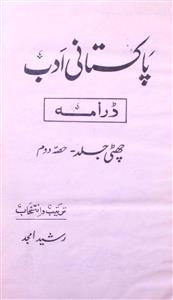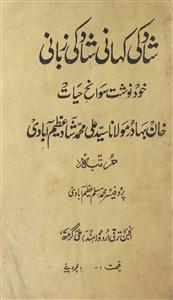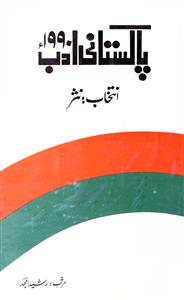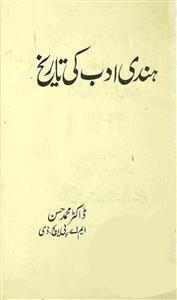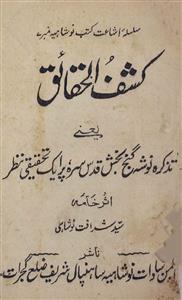 For any query/comment related to this ebook, please contact us at haidar.ali@rekhta.org
For any query/comment related to this ebook, please contact us at haidar.ali@rekhta.org
About The Book
اس مجموعہ میں شامل تمام افسانوں کی کردار نگاری، ماحول اور منظر کی تعمیر و تشکیل میں لفظی کرشمہ سازی قاری کے دل و دماغ کو مسحور کردیتے ہیں۔ اس میں کل تین افسانے ہیں "کفارہ ، ہیرو شیما سے پہلے ، ہیروشیما کے بعد اور عبد المتین ایم اے "، ان افسانوں میں تاریخ کے حقائق کو گاوں کے سماجی کردار میں پیش کرنے کی کامیاب کوشش کی گئی ہے۔ آخری افسانہ کچھ زیادہ طویل اور 9 مناظر پر مشتمل ہے۔ تمہید اس طرح باندھی گئی ہے کہ قاری کردار کی قرائت سے پہلے ہی ذہنی طور پر اس رنگ میں رنگنے کے لیے تیار ہو چکا ہوتا ہے۔ البتہ انجام تک پہنچنے سے پہلے وہ ایک نئی دنیا کی سیر کرنے لگتا ہے اور جب انجام تک پہنچتا ہے تو حیرت انگیز طور پر وہ اچنبھے میں پڑ جاتا ہے اور یہی کسی بھی افسانے کی کامیابی کی ضمانت ہوتی ہے۔
About The Author
Ahmad Nadeem Qasmi is a prominent progressive poet, short story writer, and journalist. He also published a major literary journal called Funoon which he published with complete dedication till his death.
Qasmi was born on 20 November, 1916 at Koranga in Khushab tehsil of Sargodha. He was named Ahmad Shah. He received his early education at his village. In 1935, he got his degree of M. A. from Punjab University. He started working as a scribe in the Reform Commissioner’s office at Lahore in 1936. After working at different places, he met Manto in Delhi in 1941. Manto was then writing scripts for films. Qasmi wrote lyrics for these films but unfortunately none of the films were ever released. Following the Partition of India, hre wrote dialogues for three filmsa Aghosh, Do Rastey and Lori. In 1942, he returned from Delhi to Lahore and took to editing Imtiaz Ali Taj’s journals Phool and Taleem-e Niswaan which were published from Darul Ishaat, Punja, Lahore. Following the Prtition of India, he worked as a script writer for Radio Pakistan at Peshawar but did not continue there for long. In 1947, he joined the editorial board of reputed journal Savera and was elected Secretary General of Progressive Writers Association, Pakistan. Because of his anti-establishment attitude, he was arrested and imprisoned for seven months. In 1963, he launched his own journal Funoon which made a name for itself soon. From 1974 to 2006, he worked as the Direcor of Majlis-e Tarraqi Adab, Lahore. Qasmi passed away in July 2006 at Lahore.
Qasmi’s collections of short stories include Chaupal, Bagooley, Tulu-o-Ghuroob, Girdaab, Sailaab, Aanchal, Aabley, Aas Paas, Dar-o-Deewaar, Sannata, Bazaar-e Hayaat, Barg-e Henna, Ghar se Ghar Tak, Neela Paththar, Kapaas ka Phool, Koh Paima, and Patjadh. His poems are collected in Rim Jhim, Jalaal-o-Jamaal, Shola-i-Gul, Dasht-e Wafaa, Muheet, Dawaam, Tehzeeb-o-Fan, Dhadkanein, Lauh-e Khaak, Arz-o-Sama and Noor-e Jamaal. His critical books are Adab aur Taleem ke Rishtey Pas-e Lafz, and Maani ki Talaash.
 For any query/comment related to this ebook, please contact us at haidar.ali@rekhta.org
For any query/comment related to this ebook, please contact us at haidar.ali@rekhta.org
Write a Review
Jashn-e-Rekhta 10th Edition | 5-6-7 December Get Tickets Here
